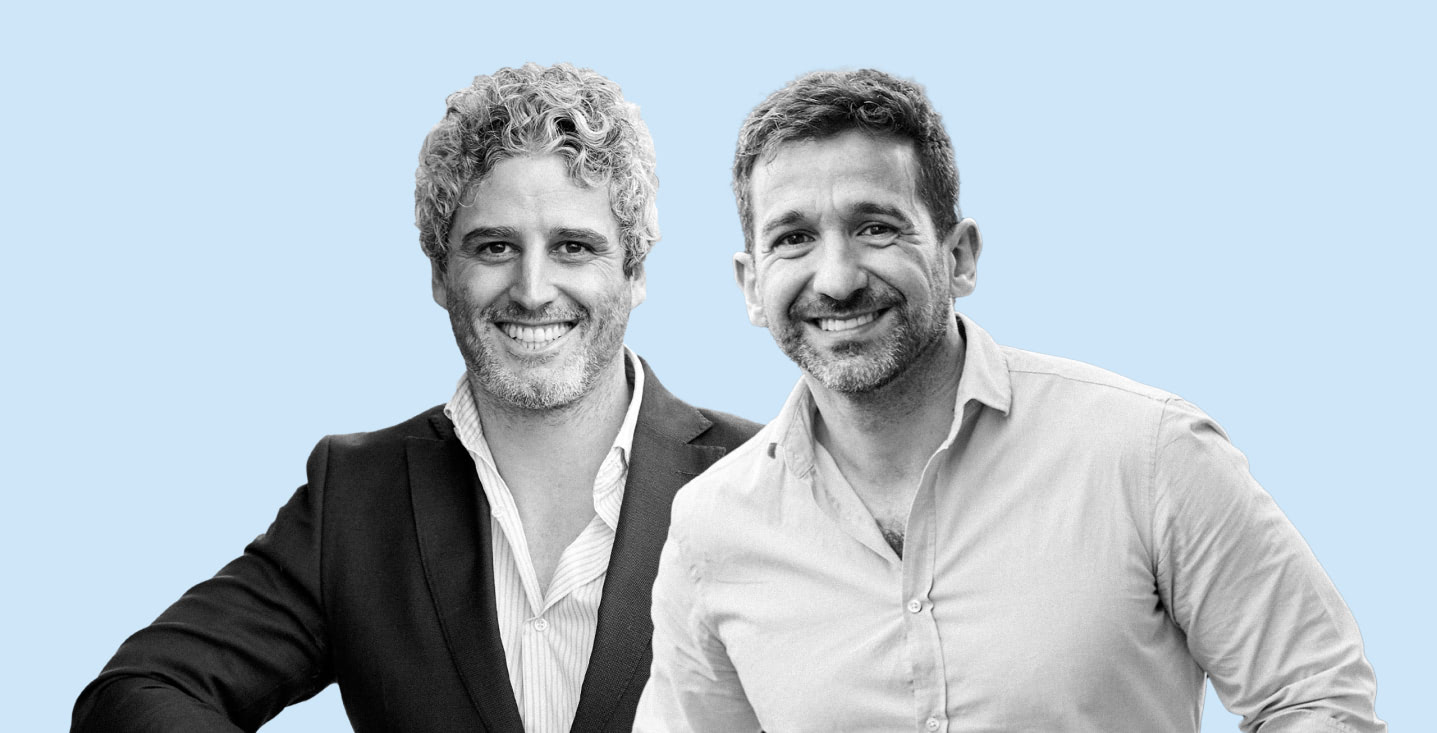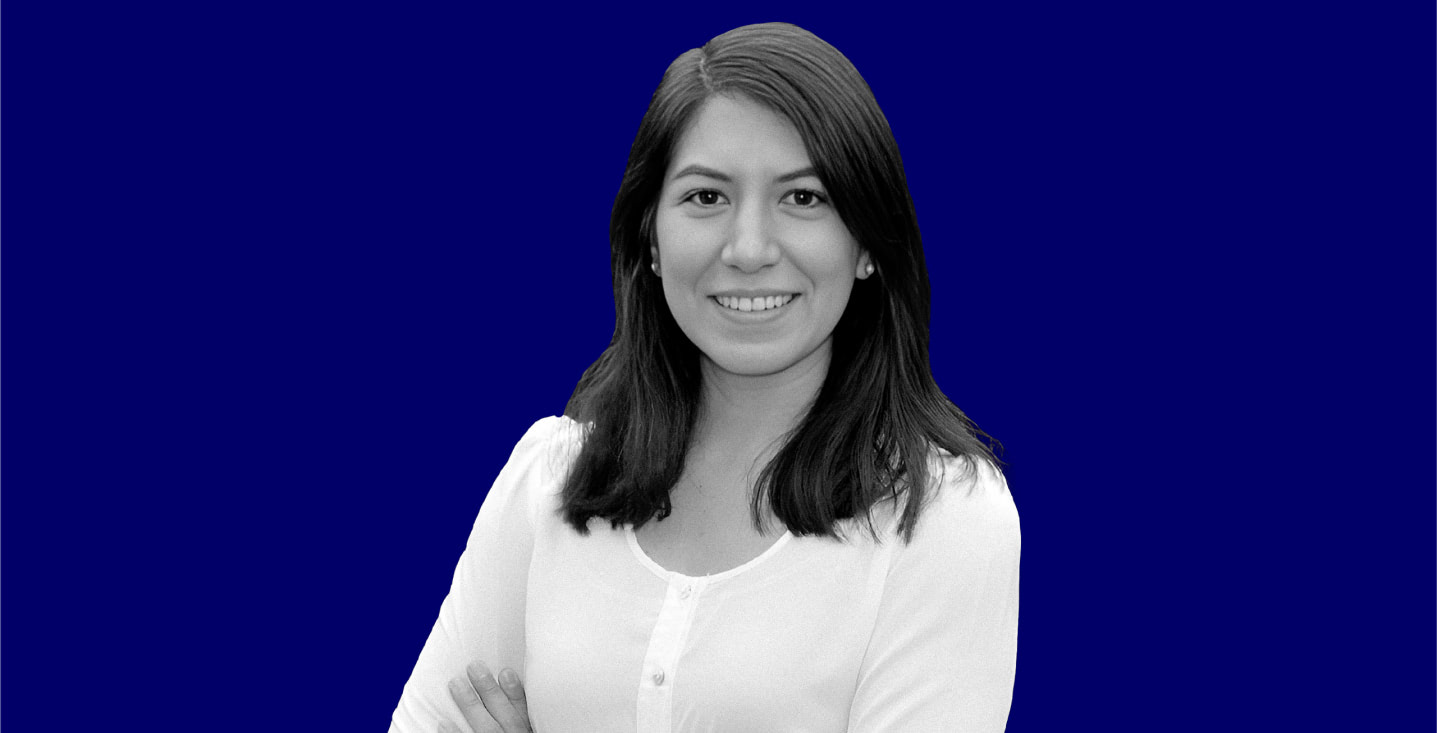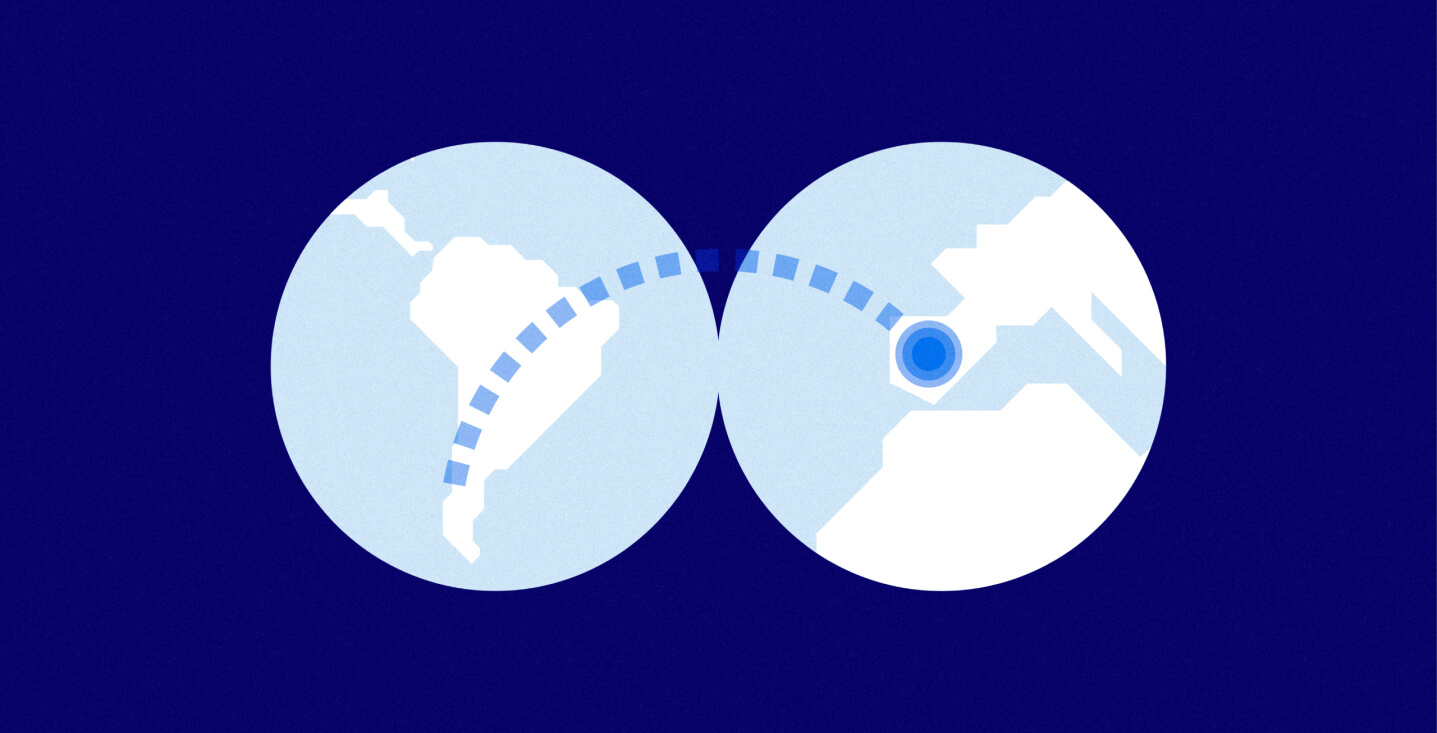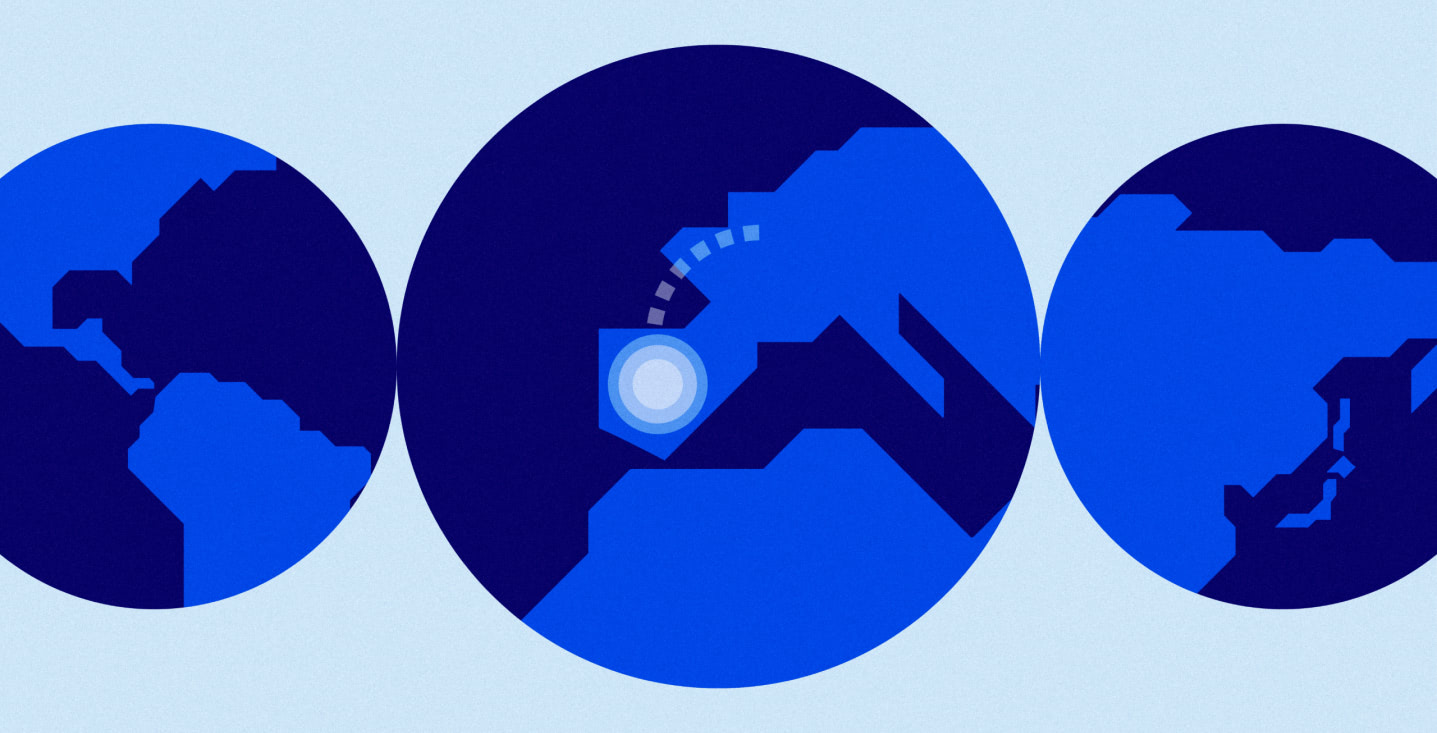28/01/2022
CFA charterholder and former CFA Society Spain’s Vicepresident and Board Member, Íñigo Serrats, CFA, discusses key components of the most prestigious finance certification out there—and tells us how the Master in Finance prepares candidates to obtain it.
ÍÍñigo Serrats, CFA, is a managing partner at Impact Bridge Asset Management in Madrid, as well as an associate professor at IE Business School and former CFA board member. He holds two licentiate degrees in actuarial & financial sciences and business management, as well as a master’s degree in private banking and portfolio management. His areas of interest are financial markets and ESG & Impact Investing, and he has published several articles on social responsibility and sustainability.
Can you introduce yourself, including your professional background and what you do now?
I’m a Chartered Financial Analyst (CFA) and professor at IE Business School, where I teach the CFA Level One and CFA Level Two programs. I also lead classes on environmental, social and governance (ESG) investment as well as impact investment for Master in Finance students.
In my own studies, I attended two universities in Spain: CUNEF, where I studied business administration, and ICADE, where I studied actuarial science. Then I studied at the BBVA School of Finance to get my master’s degree.
I began my career as a portfolio manager at BBVA, before moving into investor relations. I then moved to Caixabank Asset Management, which is currently the largest asset management company in Spain. I stayed there for six years, during which time I was responsible for ESG analysis and investments and volunteered with the CFA Institute in Spain, becoming a board member in 2009. I remain a member of the sustainability committee.
From 2012 to 2014 I worked for Robeco Asset Management as Director for Financial Institutions for Spain and Latinamerica and then I was hired in 2014 by Morgan Stanley to work in the Institutional Equity Division covering institutional clients from Spain, Portugal, Greece and some hedge funds based in London.
In 2019, my partner Arturo Benito, who is also a teacher at IE, and myself founded Impact Bridge. We’re a team of nine people and we specialize in impact investing.

We have a broad base of investors that is over 80% international—but our common denominator is high quality impact investing.
Can you explain the CFA certification? How does it work?
I often describe the CFA certification as a “phoenix.” It’s something very special in the financial industry. The CFA program that candidates study is updated every year with the latest areas of knowledge that CFA Charterholders globally identify as needed to join the financial profession. That special feature allows candidates to have the most up-to-date knowledge of finance possible. Today, it has become a global passport for finance professionals.
The CFA Intitute was formed in 1947 and in 1963, they launched the first CFA exam. In summary, there are three levels of exams. The first level covers the basic financial tools; the second one deals with the assets and investment analysis; and the third level is focused on specific work for a client.
Can you elaborate on why it is important that professionals nowadays have this certification?
The financial world is increasingly competitive. A CFA certification not only demonstrates financial knowledge, but also resilience. Only one in five candidates is successful, and it takes around five years to obtain the CFA charter.
For any finance student or candidate, having a master’s degree is a good asset—but if you combine it with the CFA charter, it will be even more valuable. In the most developed markets, it’s a must.

What’s more, being a member of a local CFA society gives you access to events where you meet important people in the financial industry. You find many different banking backgrounds among CFA charterholders, so it’s a very valuable network. For me, this has been critical to moving between different positions.
How does knowledge acquired in the Master of Finance at IE Business School differ from the knowledge obtained with the CFA certification, and how do they complement each other?
The knowledge gained from a Master in Finance is very complementary to the CFA. The CFA is a self-study program: you can study from home, but you have no contact with anyone in the industry. The great thing about IE Business School is that you have teachers and students who can share valuable industry knowledge. That is very difficult to get otherwise.
Since the CFA program has a strict progression determined by level, the skills that you develop are different from those gained in the IE Business School program. The Master in Finance gives you a broad knowledge that helps you advance towards Level Two or Level Three exams. I would recommend that any candidate for the CFA Institute combines both experiences, because it gives them a valuable profile that is appealing for any employer. In fact, many recruiters come to IE Business School to find new talent.
What advice would you give to someone considering doing the Master in Finance at IE Business School?
If you want to work in the financial industry, getting the best knowledge from the best institutions is very important. I would always recommend further study, as lifelong learning is key in finance.
For candidates who want to gain global financial experience, the Master in Finance is the ideal program.

The students that I have in my classes are really proficient, and they’re surrounded by smart individuals who help each other to become even better.
Anything else you’d like to add?
Sustainability is becoming an important topic. Now, there’s a demand for financial talent combined with specialist knowledge on sustainability. For that reason, the Master in Finance courses on ESG issues and impact investing are going to be valuable for students in the future.
The CFA Institute has also taken action. They’ve now launched their own ESG certificate showing its growing importance. In the Master in Finance we cover important sustainability topics that allow our candidates to be well prepared for current financial industry employer’s needs.








